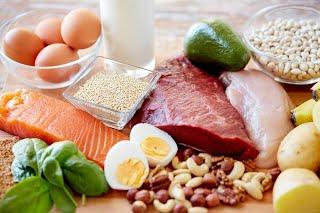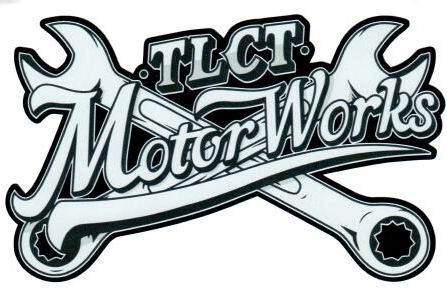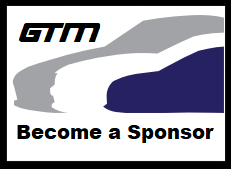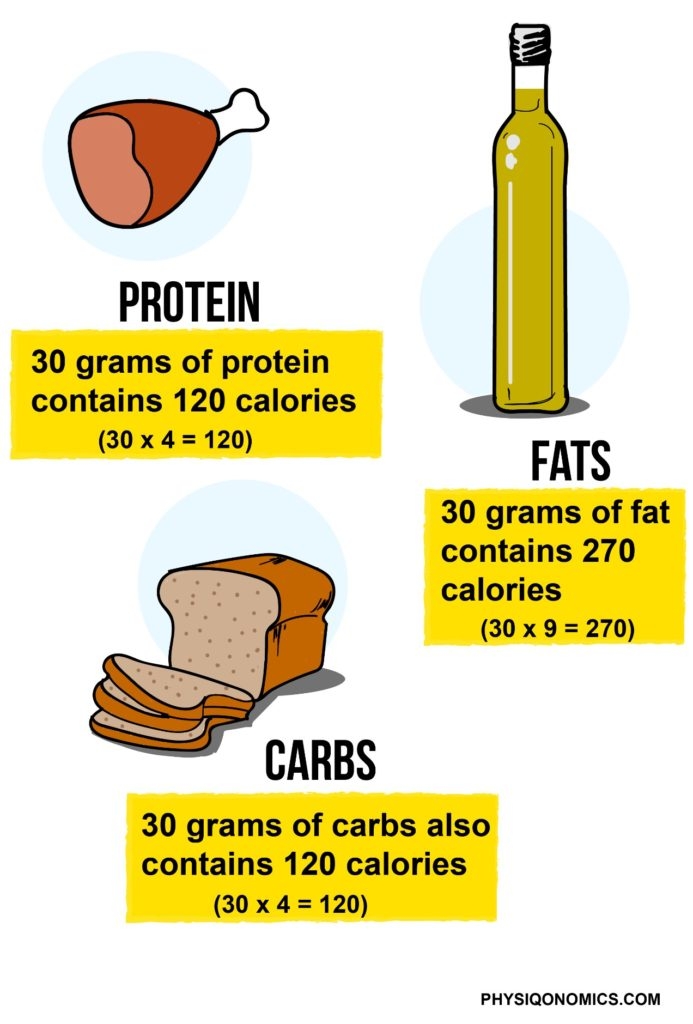
The issue may not lie in what you fed your ride, it may be what you fed yourself. After a full day or two on the track, it very well could be you slowing down, not your car. Just like your beloved ride requires the proper care and input to operate at its full capacity, your body requires adequate fuel to function as well. The Twinkies, fudge rounds, and other various little Debbie snacks that are so prevalent at group functions may provide fast acting energy, but when that short term sugar high wears off, you end up even more lethargic than before. Your competitive edge and cognitive function will decline over time when you are pushing yourself, and your car, to the limits without properly fueling yourself.
I know some of you are exclaiming: “what’s EVEN MORE fun than racing and pushing my car to its absolute limits?!? Adhering to proper hydration and nutrition guidelines!” To which I’d reply: “You must be fun at parties.” However, as tedious as it may be to plan ahead and bring healthy foods to keep you functioning throughout the day, the payoff can be huge.
As Sam H discussed in the previous article, hydration is important to keeping you on top of your game. You should aim to drink water, about 50-75% of your body weight in ounces, to avoid dehydration during times of strenuous activity. Diet, on the other hand, is not quite as simple; there is no cookie-cutter approach that works for everyone. A general well-balanced guideline is somewhere around 30% of your calories from protein, 30% from fat and 40% from carbohydrates. However, the exact breakdown isn’t as important as the total caloric consumption. The emphasis should just be on getting an adequate amount of each macronutrient, from quality sources.
To make things as simple as possible, your goal should be to consume more calories than you are expending if you want to gain wait, and less if you want to lose weight. On track days, and other times of higher exertion, you should be consuming extra to keep your body fueled. You can get an idea of how many calories this may be by checking your Basal metabolic rate (BMR), which is your minimal energy expenditure while at rest (or the calories your body would burn if you did not move all day). The equation is complicated but there are many great calculators available online, like: http://www.active.com/fitness/calculators/bmr. Keep in mind that this is your base, and any physical activity you do burns calories (check the caloric need calculator), so you will need to consume in excess of this amount.

Of those calories you are consuming, you should aim to have a good source of some healthy fats, protein, and complex carbohydrates.
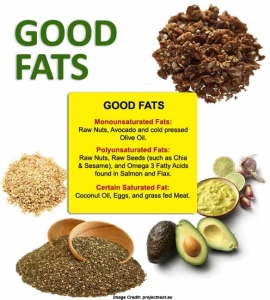
1). Healthy fats can refer to monounsaturated and polyunsaturated fats. Saturated fats are necessary, but in much smaller quantities. Trans fats should be avoided at all costs.
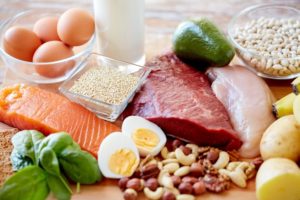
2). Good sources of protein include meats, eggs, nuts, Greek yogurt, cottage cheese, and protein powders/bars. Soy protein should be avoided in excess, as consumption in high quantities can increase estrogen levels and lower testosterone.

3). Complex carbohydrates consist of whole grains, fruits, and fibrous vegetables. Simple sugars should be avoided, and fiber should be added to assist digestion and to help you feel more satiated.
Some healthy options that are viable for track day preparation/travel:
- Nuts like almonds, pistachios, macadamia nuts, walnuts, etc.
- Vegetables: Broccoli, carrots, corn, cauliflower, tomatoes, salads, etc.
- Fish, chicken, turkey, lean red meat
- Fresh or dried fruits
- Hard boiled eggs
- Protein bars (protein source from whey, casein, whey isolate)
- Sandwiches on whole grain bread
- Beef or turkey jerky (in moderation because of high sodium levels)
- Oatmeal, granola, trail mix
- Greek yogurt, cheeses, and other dairy, in moderation
- Hummus with rice cakes, or whole grain chips, pretzels, etc.
The goal should be to maintain steady intake of quality foods throughout the day to keep you fueled and full. Couple that with proper hydration and you should mitigate those “track day hangover” feelings so many of us have experienced.
In closing, here are a few final tips:
- Cut our temptation by not bringing sweets/trigger foods, or unhealthy snacks.
- Eat several snacks throughout the day to avoid getting too depleted or hungry, which can lead to binge-eating.
- Avoid consuming an excess of soy products and avoid soy based proteins.
- Check nutrition labels and look for choices that are higher in protein and fiber, while being low in sugars.
- Avoid processed and overly salty foods when possible.
- Be sure to drink plenty of water, sodas and sugary juices should be avoided. Sports drinks can be consumed when you are heavily perspiring, to help replenish electrolyte levels.
Stay healthy my friends…


